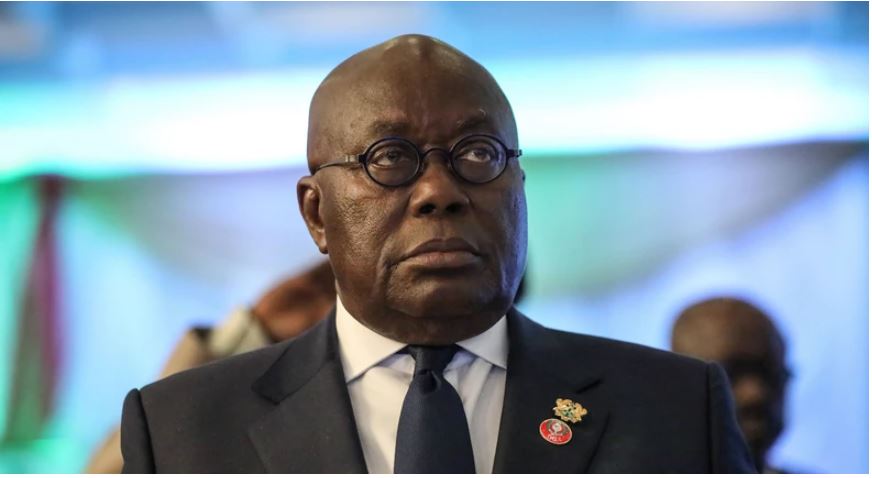Ghana has announced recently that it has reversed its policy decision not to seek financial help from the International Monetary Fund (IMF), saying the country’s economy now needs $1.5billion from the IMF to thrive.
Reportedly, barely a week after the policy reversal, the West African country is now in the process of asking the multilateral lender for $1.5 billion worth of loans.
Join our WhatsApp ChannelGhana’s Finance Minister, Ken Ofori-Atta was quoted to have stated that it was a difficult decision to reverse the policy decision.
Prime Business Africa recalls that earlier this year, reports unearthed that Moody’s Investor Service and Fitch Ratings downgraded Ghana’s credit rating, raising concerns over the country’s ability to issue bonds.
The credit downgrades by both Moody’s and Fitch consequently led to Ghana being cut off from the global capital market, making it impossible for the country “to get the needed dollars, which created balance of payment problems and a possible rundown of our reserves.”
Amid the extreme fiscal challenges that resulted, analysts repeatedly encouraged the Ghanaian Government to approach the IMF for loan. Apparently, getting a loan from a multilateral lender such as the IMF was Ghana’s only hope to “shore up its finances and win back access to the global capital markets.” And that’s exactly what appears to be happening following the country’s U-turn move to now want to borrow from the IMF.
Sources said that Ghanaian Government officials are now ready to meet with IMF representatives in Accra to discuss the modalities of the loan. If the IMF is convinced by Ghana’s economic plan, the $1.5 billion the country is seeking could help strengthen Bank of Ghana’s monetary policy whilst enabling it to build the much needed buffers that would help restore macroeconomic stability as well as restore debt sustainability.
Interestingly, it should be noted that that the country’s dollar bonds market, which has been struggling throughout much of the year, were able to gather momentum following the latest development.

















Follow Us